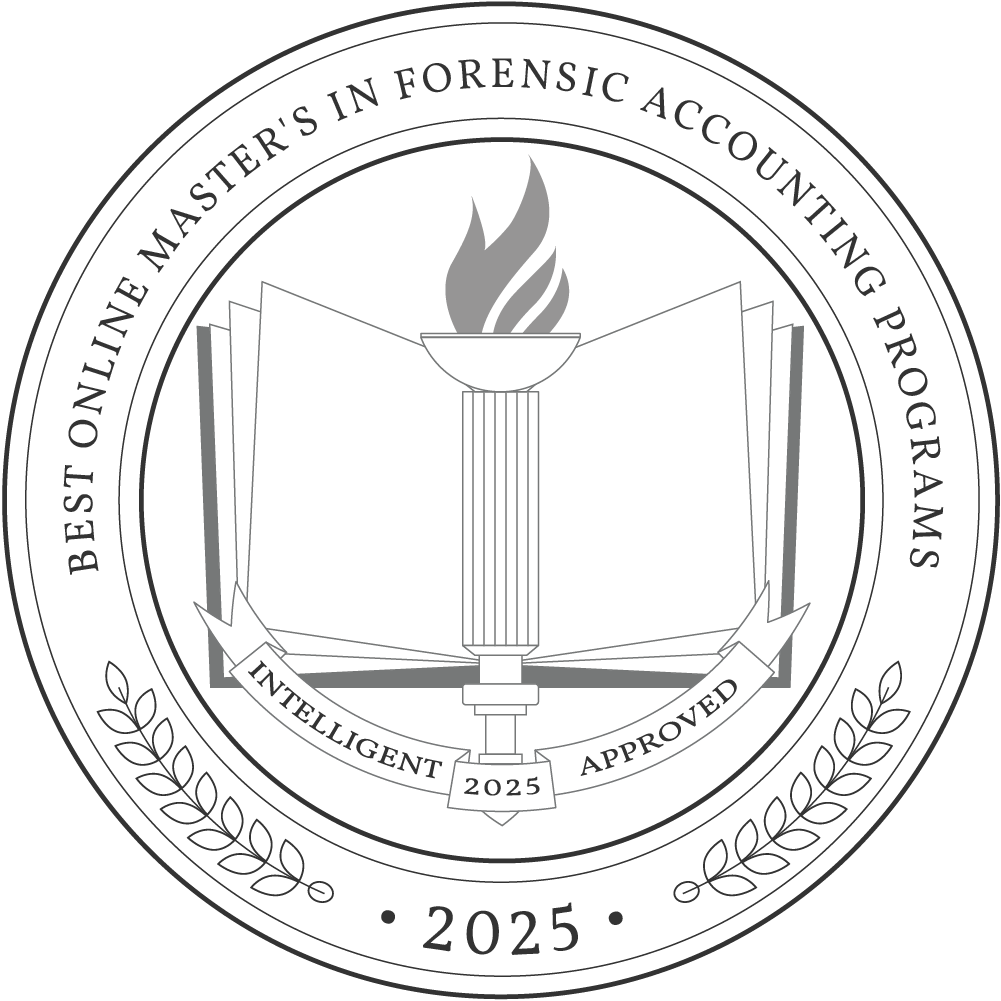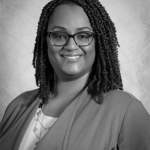There is expected to be 126,500 new job openings available for accountants each year over the next decade. While the U.S. Bureau of Labor Statistics (BLS) doesn’t list salary data for forensic accountants specifically, it reports a median salary for accountants at approximately $78,000. You can become qualified for other occupations, such as financial manager and financial analyst, with this degree as well. With an average course load of 30 to 36 credit hours, an online master’s in forensic accounting program typically takes one to two years of full-time study. The average tuition for graduate degree programs is $12,596 at public schools and $28,017 at private schools.
We interviewed Michelle Pickett, director of Northern Illinois University’s Academic Advising Center, for guidance on selecting a forensic accounting degree program and succeeding in an online learning environment.
Why Trust Us
The Intelligent.com Higher Education Team is dedicated to providing students with independent, equitable school and program rankings and well-researched resources. Our expert-driven articles cover topics related to online colleges and programs, paying for school, and career outlooks. We use data from the U.S. Department of Education’s College Scorecard, the National Center for Education Statistics, and other reputable educational and professional organizations. Our academic advisory team reviews content and verifies accuracy throughout the year for the most current information. Partnerships do not influence rankings or editorial decisions.
- Analyzed over 2,000 national, accredited, and nonprofit colleges and universities
- 800+ rankings pages are reviewed and updated yearly
- Content is informed by reputable sources, surveys, and interviews with academic advisors and other experts
- Over 100 data points are reviewed for accuracy and quality throughout the year, including sources
How we rank schools
Our list features the best online Forensic Accounting degree programs at top colleges nationwide. Each school featured is a nonprofit, accredited institution — either public or private — with a high standard of academic quality for post-secondary institutions.
We evaluated each school’s program on tuition costs, admission, retention and graduation rates, faculty, reputation, and the student resources provided for online students. We collected data from trusted sources like the National Center for Education Statistics, individual school and program websites, school admissions counselors, and other data sources. Then, we calculated the Intelligent Score on a scale of 0 to 100 based on the following criterion:
Academic Quality:
- Admission rate versus enrollment rate
- Retention rate of students who return after year one
- Accreditation status (regional and programmatic)
- Nonprofit status, both private and public institutions
Graduation Rate
- Overall graduation rate
- Total number of currently enrolled students, including diversity metrics
- Student-to-faculty ratio
Cost and ROI
- In-state and out-of-state per-credit tuition rates and fees
- Required credits to graduate
- Earning potential after graduation
- Availability of federal student loans, scholarships, and other financial aid options
Student Resources
- Available student services for online-only and hybrid programs
- On-campus amenities like tutoring centers and the number of libraries
Read more about our ranking methodology.
Best 10 Accredited Online Master's in Forensic Accounting Programs
FiltersInstitution Type
Status
- Intelligent Score
- Alphabetically By University Name
- Acceptance Rate
- Enrollment
- In-state Graduate Tuition
- Out-of-state Graduate Tuition
- In-state Undergraduate Tuition
- Out-of-state Undergraduate Tuition

West Virginia University
Intelligent Score: 99.93In-state: $8,976
Out-of-state: $25,320
In-state: $10,134
Out-of-state: $10,134
SAT: 1030-1230
ACT: 21-27
West Virginia University Online’s Master of Science in Forensic and Fraud Examination program has played a leading role in developing the national curriculum for fraud and forensic accounting programs on behalf of the National Institute of Justice. The program is interdisciplinary in nature, drawing on business, law, cost accounting, taxation, and data technology to prepare you for a career in fraud and financial crime examination. During the program, you develop real-world skills by performing seven forensic accounting investigations, presenting the results of those investigations to IRS fraud representatives, and testifying in front of a real practicing attorney for 3.5 hours. This kind of hands-on experience is invaluable not only for your learning process, but also for your job market viability. West Virginia University Online also has a strong advising department for online students.
$965
Online
Association to Advance Collegiate Schools of Business
30

FAU College of Business
Intelligent Score: 99.65In-state: $2,522
Out-of-state: $14,374
In-state: $5,467
Out-of-state: $5,467
SAT: 1060-1220
ACT: 21-26
Florida Atlantic University (FAU) School of Accounting’s Master of Accounting program is a two-year, fully online program designed with busy professionals in mind. If you are in the Boca Raton, Florida, area and want to incorporate some in-person learning into your degree, you have the option to attend live lectures held on Saturday mornings in the state-of-the-art Davie West building on the FAU Davie Campus. Whether online or on campus, you get to learn from faculty who have real-world expertise and experience in expert witness testimony and active investigative work. FAU goes out of its way to make its programs and courses welcoming and well-supported, offering you academic advising assistance and IT technical support as needed.
$900
Online
Association to Advance Collegiate Schools of Business
30-45
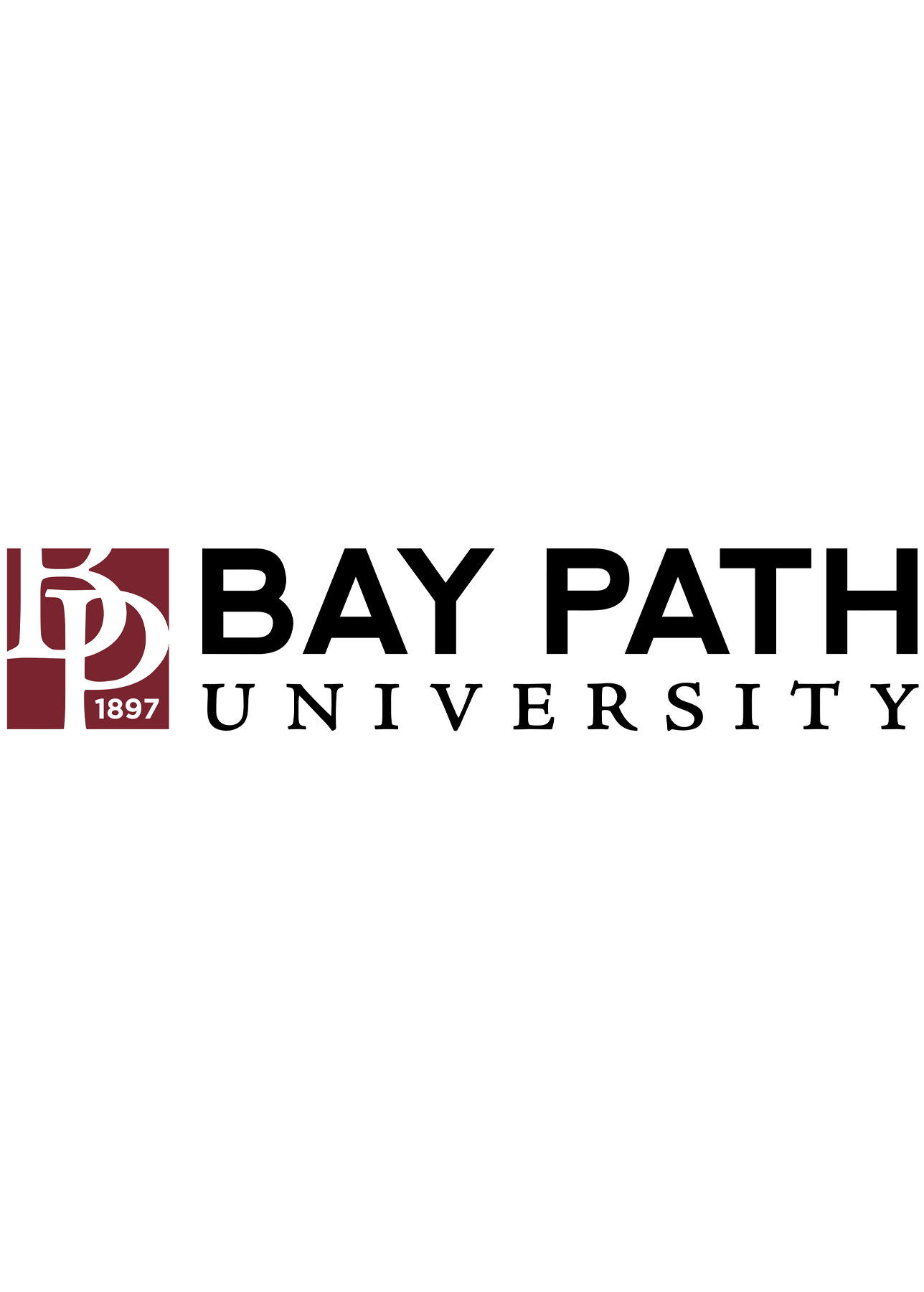
Bay Path University
Intelligent Score: 96.51In-state: $35,781
Out-of-state: $35,781
In-state: $19,235
Out-of-state: $19,235
SAT: 940-1170
ACT: 23-31
Bay Path University’s Master of Science in Accounting program with a concentration in Forensic Accounting has been singled out as one of the best forensic accounting programs in the country by OnlineSchoolsReport.com and BestColleges.com. The program is designed for students with a background in accounting who want to take their skills and career potential to the next level by becoming a Certified Fraud Examiner and/or earning required credit hours toward CPA licensure. The curriculum includes classes like Fraud Examination, Forensics Accounting Systems, and Advanced Auditing. Bay Path offers multiple ways to complete your degree, including a highly accelerated track that takes just 7 or 9 months. You also have the option to have no classes during the traditional busy season for accountants, ensuring that you are able to balance your work life with your education.
$870
Online
New England Commission of Higher Education
30
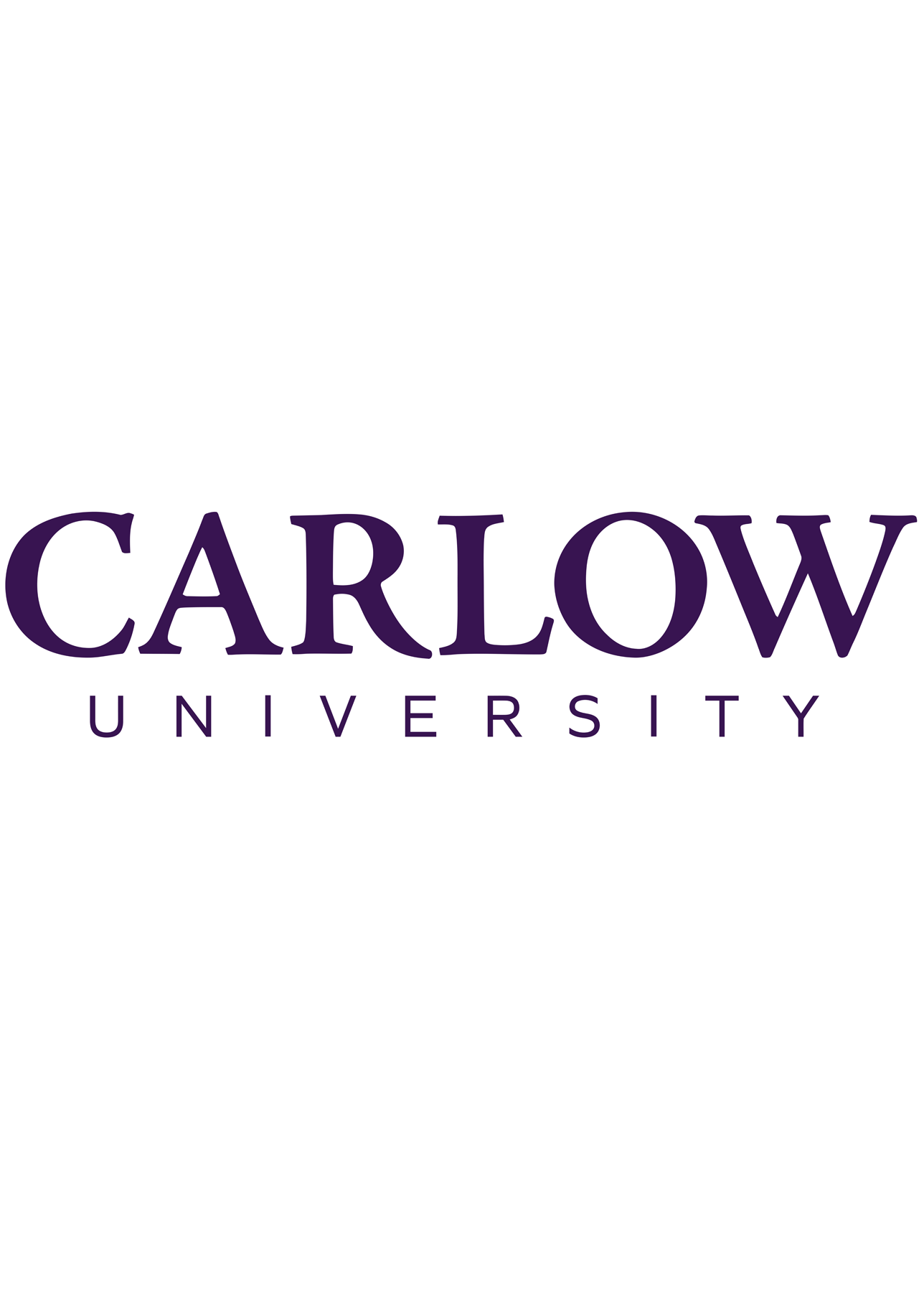
Carlow University
Intelligent Score: 95.66In-state: $30,542
Out-of-state: $30,542
In-state: $19,844
Out-of-state: $19,844
SAT: 980-1140
ACT: 19-24
Carlow University Online’s Master in Forensic Accounting & Fraud Investigation program was one of the first of its kind in the nation and is consistently ranked as one of the top forensic accounting programs. The 30-credit degree takes 14 months to complete and enables you to earn 150 hours toward the CPA exam. Furthermore, the curriculum includes CFE exam preparation, and no GMAT or GRE scores are required for admission. You have the option to pursue a ??cyber threat research and analytics track, which teaches you to evaluate and investigate digital financial threats. Carlow has antifraud educational partnerships with the Association of Certified Fraud Examiners (ACFE) and the National Cyber Forensics Training Alliance (NCFTA), and faculty are experts in the field. The cohort learning model means that you will take all your courses with the same group of peers, allowing you to forge connections that last beyond the classroom.
$800
Online
International Accreditation Council
30

Liberty University
Intelligent Score: 94.67In-state: $14,791
Out-of-state: $14,791
In-state: $7,935
Out-of-state: $7,935
SAT: 1040-1250
ACT: 21-29
Liberty University’s Master of Science in Accounting program with a concentration in Forensic Accounting offers flexible, eight-week courses that equip you with the tools needed for a career in forensic accounting. You can transfer up to 50% of the credits required for the degree, so you could potentially complete the program in less than the average time of a year. As a Christian university, Liberty is committed to helping you become a knowledgeable, ethical, and value-driven accounting professional who combines faith and practice. Liberty’s School of Business is among only 3% of business schools worldwide to earn ACBSP accreditation.
$565
Online
Accreditation Council for Business Schools and Programs
30
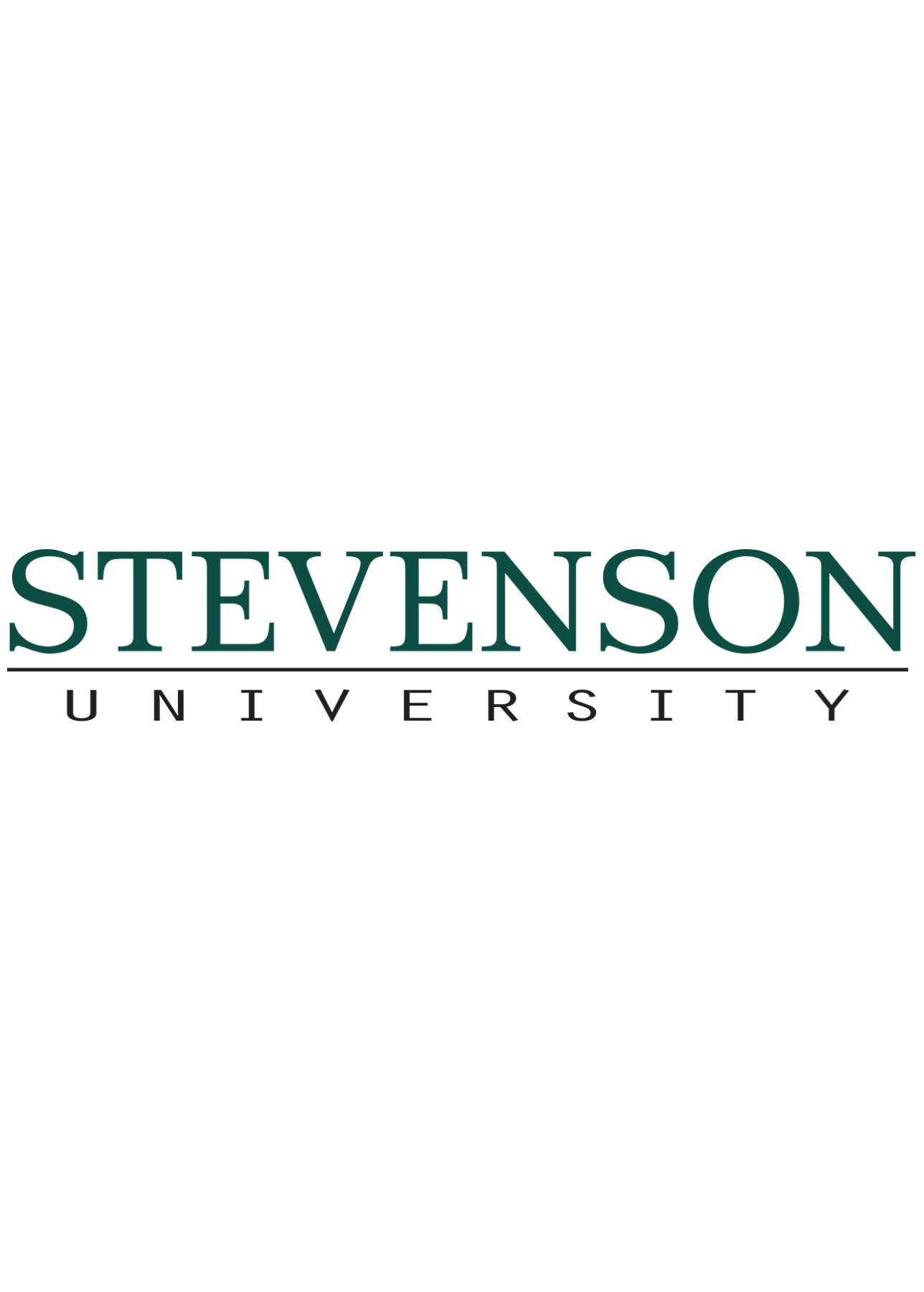
Stevenson University
Intelligent Score: 93.00In-state: $35,204
Out-of-state: $35,204
In-state: $8,340
Out-of-state: $8,340
SAT: N/A
ACT: N/A
Stevenson University’s Master of Science in Forensic Accounting program is a highly career-focused program that is geared toward the needs of working adults. Classes are taught by practicing forensic accountants, and the curriculum focuses on synthesizing accounting, auditing, computer, and investigative analyses into coherent, defensible conclusions. You graduate with the tools and knowledge needed to appear as expert witnesses at legal proceedings. The program belongs to the FBI National Academy Associates (FBINAA) Academic Alliance and is unique owing to its extensive employer partnerships. Through the partnership program, employers at a wide range of companies and organizations subsidize the cost of a degree with the potential to advance your career.
$705
Online
International Accreditation Council
36
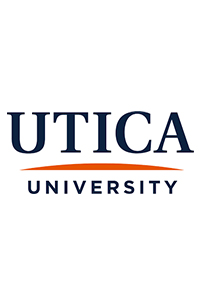
Utica University
Intelligent Score: 92.48In-state: $39,718
Out-of-state: $39,718
In-state: $47,915
Out-of-state: $47,915
SAT: 1084-1250
ACT: 23-32
$775
Online
Middle States Commission on Higher Education
30

Southern New Hampshire University
Intelligent Score: 92.15In-state: $9,600
Out-of-state: $9,600
In-state: $18,810
Out-of-state: $18,810
SAT: N/A
ACT: N/A
$637
Online
Accreditation Council for Business Schools and Programs
36

New England College
Intelligent Score: 92.12In-state: $25,439
Out-of-state: $25,439
In-state: $15,624
Out-of-state: $15,624
SAT: N/A
ACT: N/A
New England College’s Master of Science in Forensic Accounting program offers an interdisciplinary curriculum that pairs accounting theory with ??auditing and investigator tactics and skills. The program consists of a 24-credit accounting core and a 16-credit forensic accounting concentration, where you take courses like Business Crime and Ethical Behavior, Internal Audit and Risk Management, and Litigation Services, the Role of the Accountant as an Expert. Additionally, New England College has a long history of supporting members of the military and their families. The university was founded after World War II to meet the desire for servicemen and women to continue their education. Today, New England College offers a generous transfer policy that considers your experience, training, and prior coursework and offers discounts for active duty service members, veterans, and their spouses.
$576
Online
New England Commission of Higher Education
40
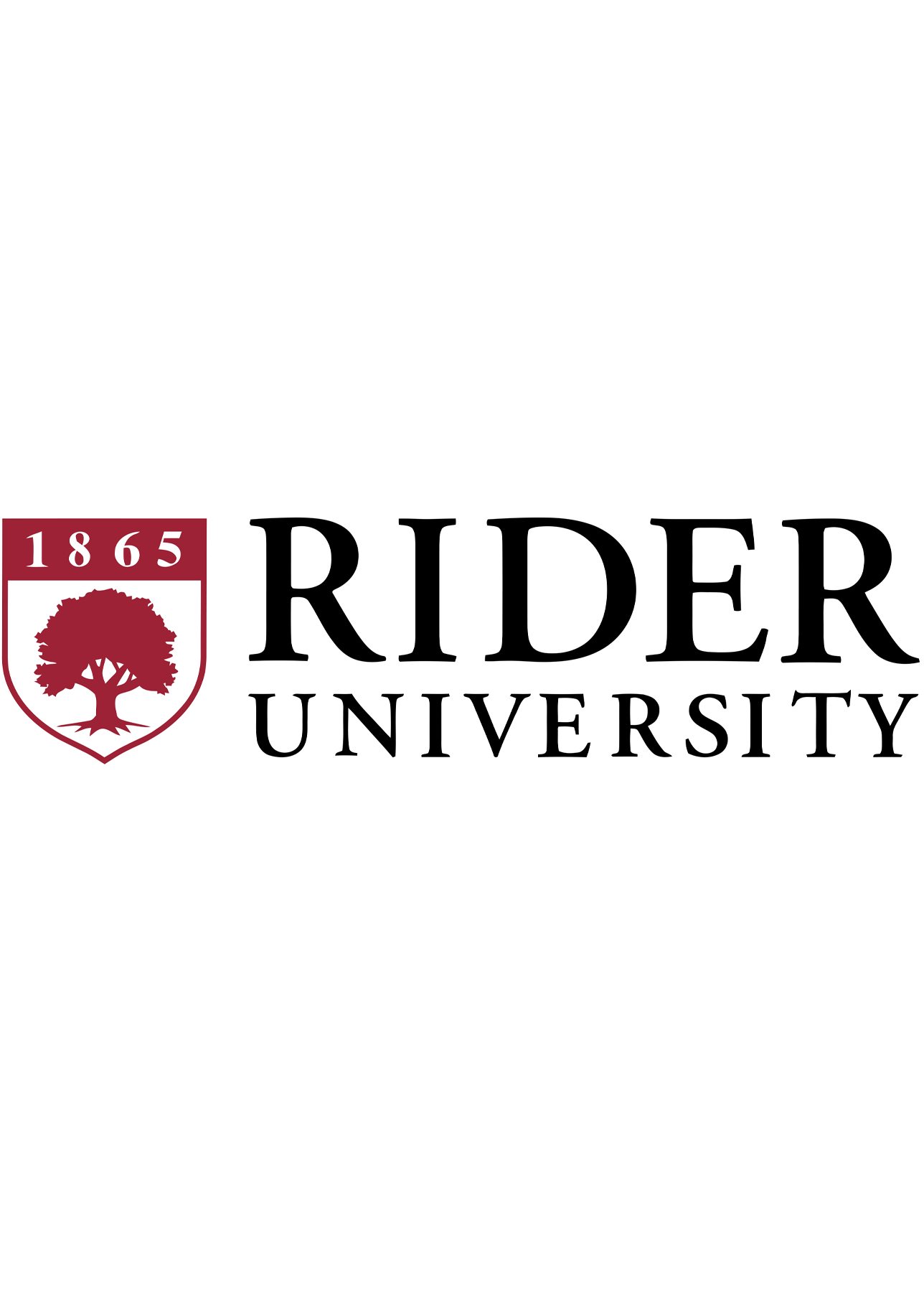
Rider University
Intelligent Score: 90.20In-state: $45,120
Out-of-state: $45,120
In-state: $20,508
Out-of-state: $20,508
SAT: 1020-1220
ACT: 20-26
Rider University’s Master of Accountancy program is geared toward professionals with a background in accounting who want to pursue additional career credentials like CPA licensure and other related certifications. Rider is one of only two schools in New Jersey with AACSB accreditation in accounting. Courses are all offered online in an asynchronous format, so you can work your education into the rest of your responsibilities. As a student in the Master of Accountancy program, you will choose one of five specializations: business analytics, finance, information systems, sport management, or forensic accounting.
$1,080
Online
Association to Advance Collegiate Schools of Business
30
How to Choose an Online Master’s in Forensic Accounting Program
Choose your area of study
A master’s degree in forensic accounting will prepare you for investigating fraud and financial crimes using advanced accounting techniques. This degree is typically available as a Master of Science (MS), though some schools offer a Master of Business Administration (MBA) with a concentration in forensic accounting.
If you have a specific path in mind for your career, look for programs that allow you to focus your studies on this speciality. For example, some master’s in forensic accounting programs offer concentrations in areas such as cybersecurity compliance and business data analytics.
“When considering a major or area of study, select a program you are interested in studying and learning more about,” says Pickett. “One helpful resource is the Bureau of Labor Statistics’s Occupational Outlook Handbook, which provides a wealth of career information, including the career outlook and educational preparation needed for different occupations.”
Research schools and programs
You should only consider institutions that have been approved by a DOE-recognized regional accrediting organization, such as the New England Commission of Higher Education or Northwest Commission on Colleges and Universities. These organizations evaluate schools to ensure they provide students with a high-quality education. Those who attend a school that isn’t regionally accredited may be unable to access financial aid or transfer credits to another institution if needed.
Ideally, your master’s in forensic accounting program will also be accredited by a respected industry group like the Association for the Advancement of Collegiate Schools of Business (AACSB) or the Accreditation Council for Business Schools and Programs (ACBSP). These programmatic accrediting organizations have particularly high standards for business education.
Aside from accreditation, ensure you also consider your educational preferences to maximize your learning. For instance, do you prefer to work out problems independently, or do you enjoy study groups and student meetups? These considerations will significantly affect your academic success in the long run. Those concerned about student debt should look for the most affordable options as well.
To learn more about any schools that you’re interested in, you can visit their website, contact an admissions counselor, follow the school on social media, or attend an in-person or virtual open house.
Prepare for tests and applications
Each school has their own set of application requirements. The best way to prepare for tests and applications is to contact a school’s admissions office. An admissions counselor can advise you on the school’s academic prerequisites, which may include a bachelor’s degree in accounting or a minimum grade point average. Recommendation letters, personal statements, and transcripts are often required as well.
Your counselor can also walk you through each admissions process step, which may include standardized testing. Typical exam scores requested for accounting and business students are the Graduate Record Examination (GRE) and Graduate Management Admission Test (GMAT).
Select your program
Before making your final decision, review your needs and goals again. Do you plan to attend school full-time or part-time? Are you only interested in 100% online programs, or are you fine with a hybrid program that has a few in-person requirements?
“It’s essential for individuals pursuing online degree programs to understand their learning styles and to have access to adequate technology resources to take their classes,” Pickett advises. “These two items are important factors when enrolling in an online degree program.”
Some programs offer asynchronous courses, which can be completed at your own pace, while others only offer synchronous courses, which involve remotely attending lectures and completing assignments at the same time as other students — which of these two online learning formats do you prefer? Your school should accommodate your scheduling needs and learning preferences.
Determine how you’ll pay for your degree
Your school’s financial aid office is the best place to begin researching the tuition and fees for your program. The people there can inform you of your per-credit cost and any additional student, library, or technology fees you’ll be expected to pay.
A financial aid counselor can also help you locate any available grants or scholarships to help you pay for your program. Along these lines, most graduate students fill out the Free Application for Federal Student Aid (FAFSA) to determine their eligibility for affordable loans and other aid programs. Those who already work in the field should see if their employer offers tuition assistance benefits as well.
What Can You Expect from an Online Master’s in Forensic Accounting Program?
The American Institute of CPAs (AICPA) defines forensic accounting as “the application of specialized knowledge and investigative skills possessed by CPAs to collect, analyze, and evaluate evidential matter, and to interpret and communicate findings in the courtroom, boardroom, or other legal or administrative venue.”
In your master’s program, you’ll develop the investigative and analytical skills needed to review accounting systems from a legal perspective. You’ll learn to perform anti-fraud risk assessments, litigation discoveries, and trial testimonies. You’ll also dive deeply into tax law, auditing standards, and financial reporting requirements.
In general, an online master’s in forensic accounting will require the completion of 30-36 credit hours, but some schools require up to 50. Most programs can be completed within two years for full-time students.
Potential courses you’ll take in an online master’s in forensic accounting degree program
- Advanced Business Law for Accountants. Students review government regulation of business and gain a deeper understanding of the law in securities regulation, the Sarbanes-Oxley Act, the Uniform Commercial Code, and more. Students explore business law as it relates to the legal issues encountered by CPAs.
- Fraud Examination. Students explore the field of fraud examination and learn how to detect and prevent fraudulent financial activity.
- Advanced Auditing. Students examine case studies of actual auditing applications in court cases and policy. This course covers auditors’ ethical responsibilities, the responsibility to detect fraud, and the creation of the Public Company Accounting Oversight Board (PCAOB).
- Accounting Information Systems. Students explore the internal control features of accounting information systems and how they are necessary for accurate and reliable accounting data. The course illustrates how accounting information is recorded, summarized, and reported in manual and computerized systems.
- Advanced Cost Accounting. Students experience the fast-changing, highly technical aspects of cost accounting. The course covers process costing, cost allocation, planning and decision-making, activity-based management, and managing performance.
What Can You Do With an Online Master’s in Forensic Accounting?
Career outlook
The field of forensic accounting is a dynamic and rapidly growing area within the broader accounting profession. Pursuing an online master’s degree in forensic accounting can open doors to a range of exciting career opportunities.
Indeed, an online master’s in forensic accounting equips you with specialized skills and knowledge that are highly sought after in the business, legal, and financial sectors. Forensic accountants investigate financial irregularities, fraud, and financial crimes, so they may be found working in law enforcement as well as the business and nonprofit worlds. Here are some common career paths that an individual with an online master’s in forensic accounting may want to consider:
- Accountant or auditor — Assess financial operations and prepare and examine financial records.
- Median annual salary: $78,000
- Projected employment growth (through 2032): 4%
- New job openings projected: 126,500 annually
- Financial examiner — Ensure regulatory compliance by reviewing balance sheets, expense accounts, and other financial records.
- Median annual salary: $82,210
- Projected employment growth (through 2032): 20%
- New job openings projected: 6,300 annually
- Claims adjuster, appraiser, examiner, or investigator — Assess insurance claims to ensure they are not fraudulent and determine if the claimed losses are covered by the policy.
- Median annual salary: $72,040
- Projected employment growth (through 2032): -3%
- New job openings projected: 21,500 annually
Online Master’s in Forensic Accounting Frequently Asked Questions
How do I apply to an online master’s in forensic accounting degree program?
Your first step in the application process is contacting the admissions counselors at the various universities where you hope to apply. They can inform you of the necessary materials you’ll need to submit, along with application deadlines. You can also research the schools’ websites or student handbooks for specific program requirements and prerequisites.
Most schools request the following application materials:
How much does an online master’s in forensic accounting degree cost?
The per-credit cost of an online master’s in forensic accounting ranges from $627-$850. However, this will vary depending on your school’s policies and other factors, such as your state residency or additional program fees. Public institutions that offer in-state discounts are often the most affordable.
How long does it take to earn an online master’s in forensic accounting degree?
In most cases, an online master’s in forensic accounting degree will take one to two years for a full-time student to complete. Part-time students may take three to five years, but some schools offer accelerated programs that allow students to take more credit hours simultaneously. Nonetheless, part-time and full-time students must complete the same 30-36 credit hours.
“Attending as a full-time or part-time student will impact how long it takes a student to earn their degree,” Pickett says. “Taking more credit hours in a given semester will result in completing the degree program sooner.”
Is an online master’s degree in forensic accounting worth it?
An online master’s degree in forensic accounting offers diverse and lucrative career opportunities in the fields of accounting, finance, and investigation. Whether you aspire to be a forensic accountant or pursue other roles in risk management or compliance, this advanced degree equips you with the expertise needed to uncover financial irregularities and contribute to the prevention and resolution of financial crimes. Your career path will depend on your interests, goals, and the specific sector of the financial industry you choose to explore.
Earning your degree online can be an advantageous choice for many students, as online programs offer flexibility for those who need to balance study time with work or family commitments.
Compare School Options
Related Degrees
- Taxation
- Public Relations
- Hotel and Restaurant Management
- Small Business Management
- Nonprofit Management
- Entrepreneurship
- International Business
- Logistics
- Information Technology
- Business Management
